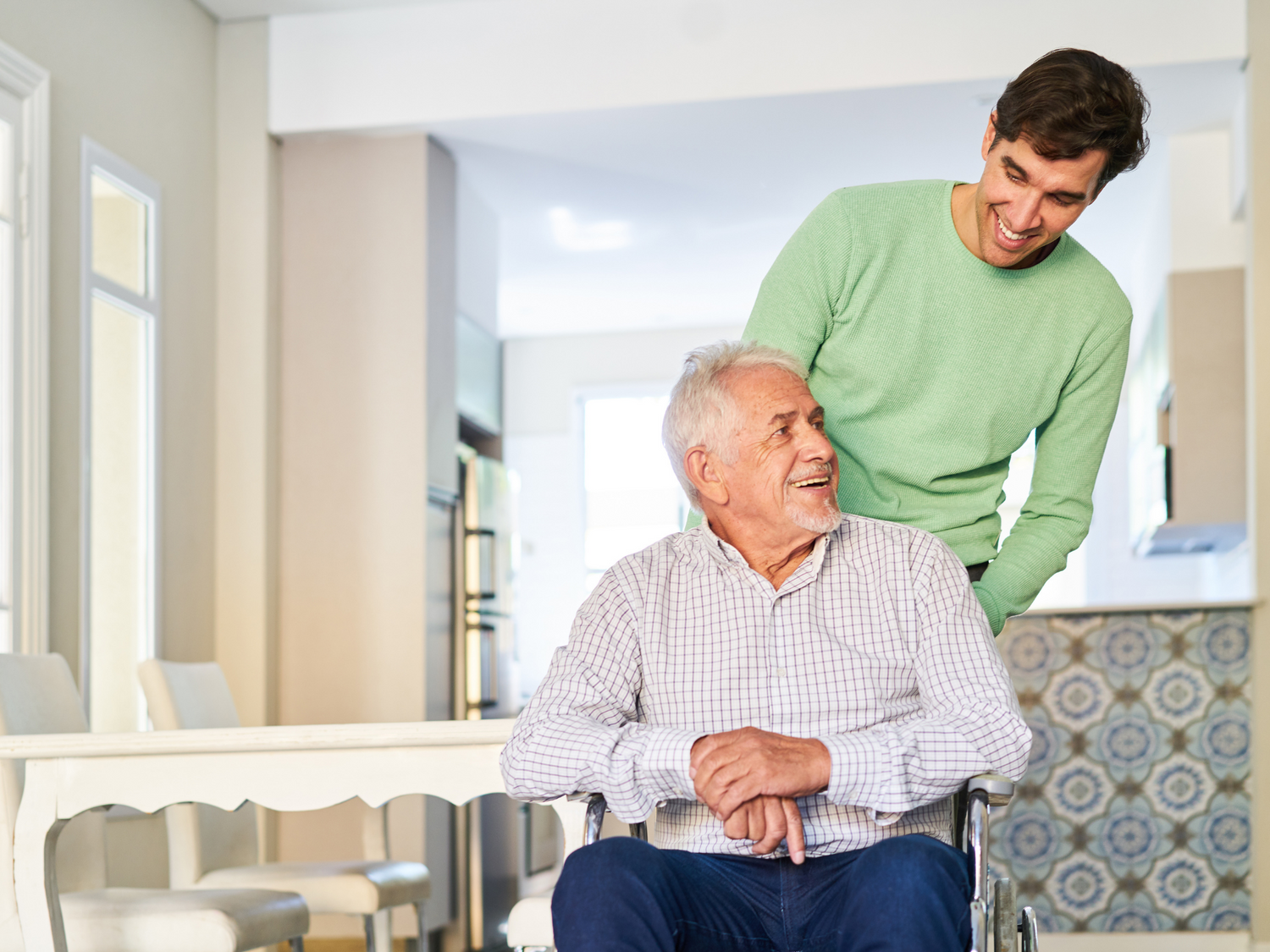
As our loved ones age, there are often challenges and joys that come along with caregiving. While caring for elderly loved ones can bring happiness, it can also be a stressful time. One of the keys to easing the tension when caring for aging loved ones at home is to ensure that we are doing everything we can to support healthy communication.
Here are some helpful tips that can improve communication between caregivers and their elderly loved ones:
Listening Actively
Listening is a fundamental aspect of effective communication. It is important to take the time to truly listen to your loved one’s concerns. Active listening involves giving your full attention, maintaining eye contact and being present in the moment. By actively listening, you can better understand their needs and desires and make them feel heard and valued.
Using Clear and Simple Language
As we age, our cognitive abilities may decline, making it more difficult to understand complex language. To facilitate effective communication, it is important to use clear and simple language when speaking with elderly loved ones. Avoid using jargon, technical terms or complicated phrases that may confuse them. Instead, choose words that are easy to understand and convey your message clearly.
Being Patient
Patience is key when communicating with elderly loved ones. Many seniors may require extra time to process information and formulate their thoughts. They may speak slowly or struggle to find the right words. It is essential to give them the time they need and avoid rushing or interrupting them. By being patient, you create a supportive environment that encourages open and meaningful communication.
Showing Empathy
Empathy is the ability to understand and share the feelings of another person. When communicating with elderly loved ones, it is crucial to show empathy and compassion. Put yourself in their shoes and try to understand their perspective. Validate their emotions and let them know that you genuinely care about how they feel. By showing empathy, you can build trust and strengthen your relationship with them.
Using Technology
Technology has revolutionized the way we communicate, and it can play a significant role in improving communication with elderly loved ones. Consider using video chat or messaging apps to stay in touch and provide support, especially if you cannot be physically present at all times. These tools allow you to see and hear each other, bridging the distance and ensuring that your loved one feels connected and cared for.
Alleviating Caregiver Stress and Supporting Healthy Communication
At times, caregivers can still feel overwhelmed despite their best efforts. This is where additional support can help alleviate caregiver stress. If family or friends are not available, consider hiring a professional caregiver to provide much-needed respite and assistance, while also supporting healthy communication.
By improving communication with our elderly loved ones, we can improve their quality of life and overall well-being. Effective communication fosters a sense of belonging, understanding and connection. It helps us address their needs, desires and concerns more effectively.
If you’re interested in learning more about our private caregiving services, we encourage you to contact Sitters, LLC, today. Together, we can support our aging loved ones and provide them with the care and attention they deserve.
